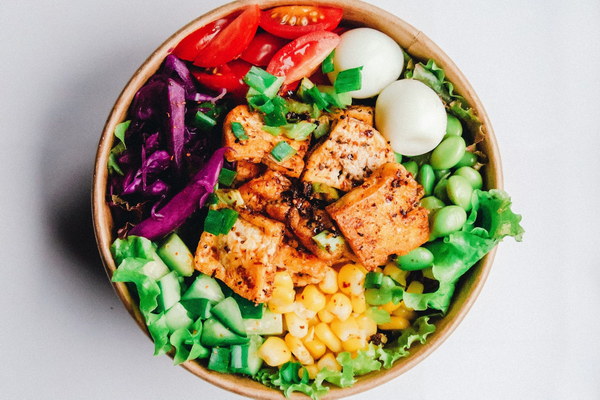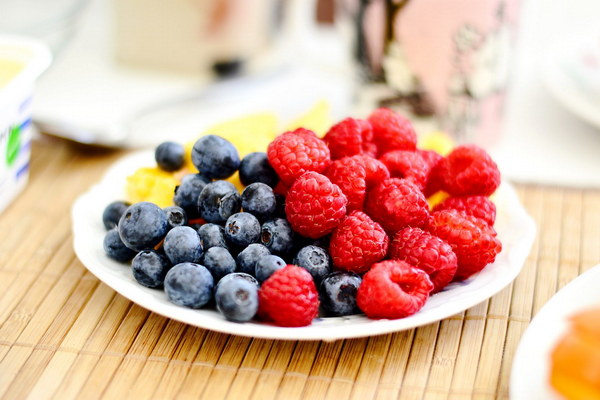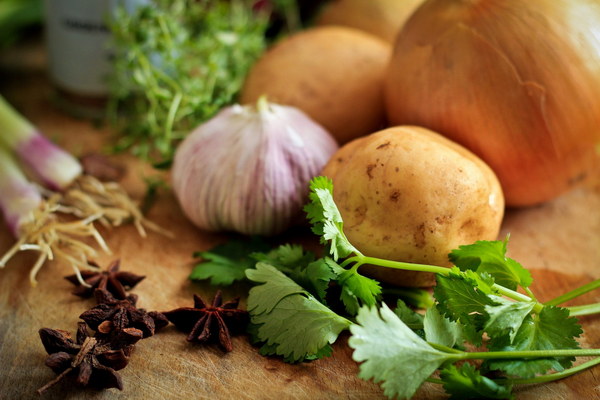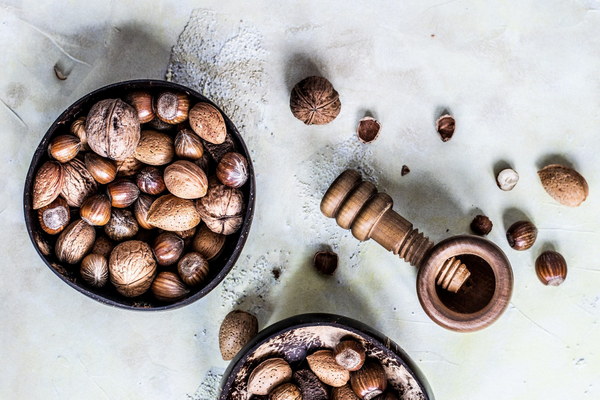The Ultimate Guide to Nourishing Your Stomach and Body Best Foods for Digestive Health
Introduction:
In today's fast-paced world, maintaining a healthy digestive system is more crucial than ever. Eating the right foods can not only keep your stomach happy but also boost your overall well-being. Whether you're dealing with indigestion, bloating, or just want to optimize your gut health, this guide will help you discover the best foods for digestive health and overall wellness.
1. Fermented Foods:
Fermented foods are packed with beneficial probiotics that promote gut health. Incorporate these into your diet to maintain a balanced gut microbiome:
a. Yogurt: Choose unsweetened, full-fat yogurt with live cultures.
b. Kefir: This tangy drink is rich in probiotics and can be enjoyed as a substitute for milk or as a smoothie base.
c. Sauerkraut: Fermented cabbage is a great source of probiotics and can be added to salads or sandwiches.
d. Kimchi: This spicy Korean dish is made from fermented vegetables and is bursting with gut-friendly bacteria.
2. Prebiotic Foods:
Prebiotics are non-digestible carbohydrates that feed the good bacteria in your gut. These foods can help keep your gut flora balanced and support digestion:
a. Garlic: This flavorful vegetable is packed with prebiotics and can be added to a variety of dishes.
b. Onions: Similar to garlic, onions contain prebiotics that promote gut health.
c. Asparagus: This green veggie is high in prebiotics and can be enjoyed steamed, grilled, or sautéed.
d. Leeks: These flavorful vegetables are rich in prebiotics and can be added to soups, stews, or stir-fries.
3. High-Fiber Foods:
Fiber is essential for maintaining a healthy digestive system. It adds bulk to your stool, helps prevent constipation, and promotes regular bowel movements. Incorporate these high-fiber foods into your diet:
a. Apples: These delicious fruits are high in fiber and can be enjoyed raw, in salads, or as a snack.
b. Berries: Raspberries, blueberries, strawberries, and blackberries are all high in fiber and antioxidants.
c. Pears: Pears are a great source of fiber and can be enjoyed fresh or cooked.
d. Whole grains: Oats, brown rice, quinoa, and whole-wheat bread are all high in fiber and can be included in your meals.
4. Lean Proteins:
Lean proteins help maintain muscle mass and support digestive health. Incorporate these protein-rich foods into your diet:
a. Chicken breast: This lean meat is high in protein and low in fat, making it a great choice for digestive health.
b. Turkey: Similar to chicken, turkey is a lean protein option that can be enjoyed in various dishes.
c. Fish: Fish like salmon, trout, and tilapia are high in protein and omega-3 fatty acids, which can help reduce inflammation in the gut.
d. Eggs: Eggs are an excellent source of protein and can be cooked in various ways to suit your taste preferences.
5. Herbs and Spices:
Certain herbs and spices have digestive benefits and can be added to your favorite dishes for a flavorful boost:
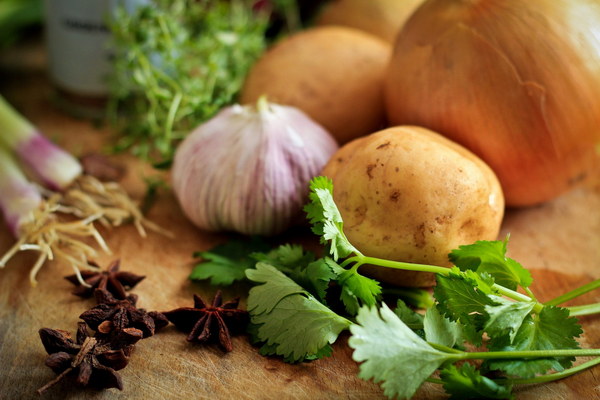
a. Ginger: This root is known for its anti-inflammatory properties and can help alleviate digestive issues.
b. Turmeric: This spice contains curcumin, a compound that has anti-inflammatory effects on the gut.
c. Cinnamon: Cinnamon can help regulate blood sugar levels, which may support digestive health.
d. Fennel: This herb can help soothe the digestive tract and alleviate bloating and gas.
Conclusion:
Eating the right foods is essential for maintaining a healthy digestive system and overall well-being. By incorporating fermented foods, prebiotic foods, high-fiber foods, lean proteins, and digestive-friendly herbs and spices into your diet, you can nourish your stomach and body for optimal health. Remember to consult with a healthcare professional before making significant changes to your diet, especially if you have specific health concerns or dietary restrictions.


